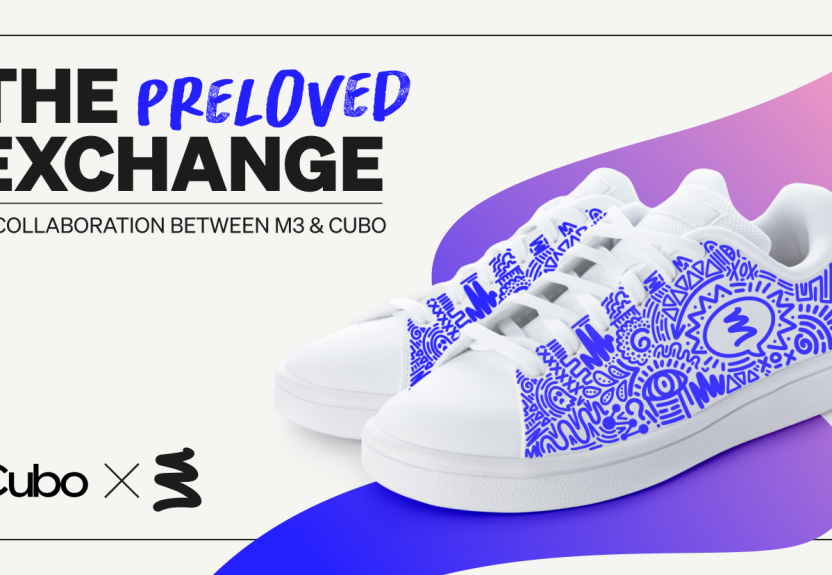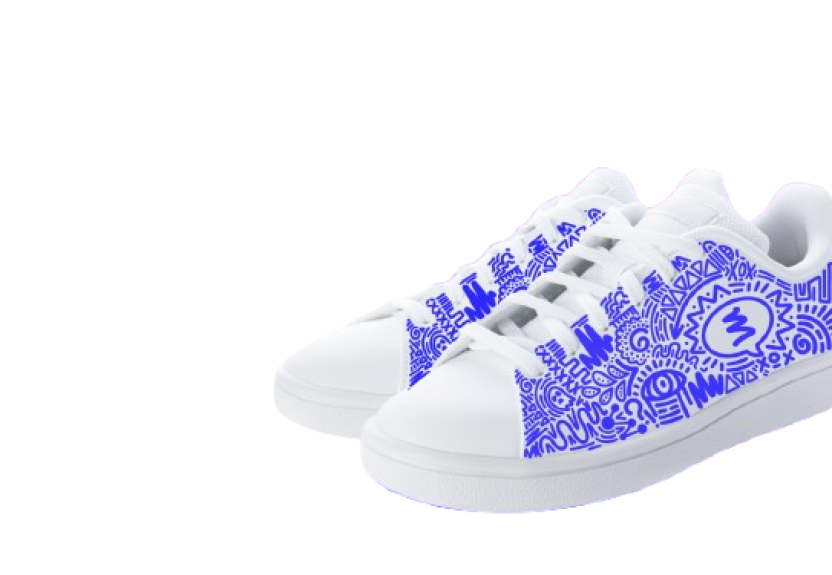As the year tapers off, we asked the M3 leadership team what marketers need to improve on in 2026.
The ‘unprecedented’ drum that’s deafened agencies over the last few years now has a tribal oomph. It now beats with suspicion (and a hint of danger).
It’s up to experts to find their rhythm in the jungle of monotony or risk being swallowed by the pounding noise.
And this pace, the rise of augmentation and automation, can be eerie at times with new digital tools here, emerging trends there, and LLMs everywhere; but there is a way to get through it, taking clients to the top.
Cut. Connect. Execute. Consistently.
As cyborgs.
Sounds weird, but stick with us here.
AI isn’t the threat; confusion is
Artificial Intelligence will touch every part of marketing in 2026, but human judgement will define project and campaign success. The best marketers will know when to automate and when to sprinkle expert marketer magic to empathise results and create meaning.
“The winners won’t be those who ‘use AI’ the most, but those who apply it with intention,” said Glen Pawson, Managing Partner, M3 Dubai.
This purposeful approach is what cuts through the noise and slop. But how do we get the most value and position ourselves as leaders? The answer is through ‘Human Intelligence’.
“AI can transform operations, but human intervention is needed to make the biggest ROI,” said Lennon Kelly, Client Services Director. “Spend more time crafting your prompts, analysing output, and building your solutions.”
Machines optimise, but humans must provide meaning.
“The robots are coming, but cyborgs will win the race,” added Lennon.
Speak your client’s language
“The trick is to balance expertise and knowledge in these areas, with pragmatic, customer-centric advice that will drive results and more importantly return on marketing spend,” Lennon said.
In an industry obsessed with jargon, complexity, and performance dashboards, marketers must become translators yet again. Time is precious and attention is shorter than a thumb-scroll, so clarity will become the ultimate differentiator.
But only if ideas are communicated in the client’s world, not ours.
“Whether it’s a presentation, a meeting or a campaign, get straight to the point,” Lennon said. “Clarity is cardinal. Consistency is king. Brevity is best.”
The marketers who win in 2026 won’t necessarily be the loudest. They’ll be the clearest.
Being a successful marketer isn’t only about hitting targets or providing deliverables; it’s about truly getting the granular details of the brand and translating how we can help them achieve their goals.
Execution will have the edge
Strategy without action is noise. And ironically, more detail isn’t fluff but instead more focus.
“The industry often favours strategy over detail,” said David Gayson, Performance Director. “This leads to a risk of launching new activity and adopting new technology without fully understanding what it does or being close enough to the detail to understand how it performs.”
An obsession with ‘big ideas’ has created a generation that’s too quick to plan but not keen enough to test.
“Those who spend time testing things, trying to move the needle, and making mistakes, are those who will find themselves more valuable,” David added.
Through experimentation, guided by human intelligence, comes the essence of performance: detail. It’s only through execution that we find the truth.
Now’s the time to ditch the one-size-fits-all framework and consider where impact can really be made.
“Marketers need to create more of a focus on building a consistent test-and-learn approach to campaign activation,” said Candice Donnelly, Account Director. “Experimenting early with different creatives, messages and channels means you’ll identify what drives engagement and really connects with your audience. The result? Campaigns shaped by real insights.”
Because in the end, an effective strategy lives and dies by the data. Execution is simply the only way to unlock those insights.
Build the brand before chasing conversions
Forget funnels, forget the endless chase for clicks and conversions, and drop the focus on data returns.
Results are great to share with clients, but the strongest marketers will be those who remember the core function of marketing: how to connect with people.
“Make people feel something, not just buy something,” said Rob Pollard, Managing Partner, M3 Manchester. “Imaginative ideas don’t compete with performance; they power it. The fastest route to better conversions is stronger connections and bigger ideas that add real value.”
Andrew Cove, Digital Marketing Director, explains that many brands still aren’t producing enough touchpoints or meaningful interactions with customers. He added, “A good rule of thumb is if you’re not a category leader, grow the brand. If you are, then build the category.”
Brand growth isn’t a vanity metric. It’s the multiplier for every other metric. Without it, performance becomes a treadmill of constant motion and no progress.
Building the brand means building the ‘why’ behind every campaign. Think about the connection before conversion, how content resonates with people, and how brand values are communicated.
Because when people feel your brand, the metrics follow naturally. Always in that order.
“Connection builds loyalty. Loyalty builds lifetime value. And lifetime value builds brands that last,” added Rob.
Discoverability is the new battleground
As AI reshapes how people search, learn, and decide, brand visibility is no longer just about keywords or ad spend.
“Marketers must help brands become naturally discoverable by making their information accurate, authoritative, and machine-readable,” Andrew said.
Large Language Models (LLMs) like ChatGPT, Perplexity, and Gemini mediate how information is found and trusted. To appear in this new ecosystem, brand content must be credible, structured, and truthful.
Discoverability is no longer an SEO exercise but a credibility exercise. It’s about making your brand’s data and voice transparent enough to surface naturally, and doing it often enough that LLMs and users recognise you.
“Marketers must help consumers understand quickly through repetition and familiarity,” Lennon said.
After all, AI doesn’t generate ads (yet), it generates answers.
And those that appear in those answers will be the ones that took discoverability seriously, before everyone else did.
Trust is the new marketing currency
In 2026, trust will become an invisible KPI.
It won’t be the click-through rate or the conversion graph that sets brands apart, it’ll be the confidence people have in how you use their data, how you communicate, and how you show up.
“People are paying closer attention to how brands behave, not just what they say,” said Nick Lovett. CEO. “And as AI takes over more tasks, sameness is a threat.”
Think generic messages, synthetic voices, recycled ideas.
The fix isn’t more content or more meetings, either. It’s more honesty.
“Trust now lives at the junction of data ethics and brand storytelling, and the strongest marketers will balance empathy and authenticity with automation,” Nick added.
Because in a world where anyone can generate content, credibility becomes currency. And trust, that real, earned, and human trust, will always be the most valuable asset in marketing.
So what’s the round-up?
As we enter 2026, it’ll be the sharpest marketers that are rewarded. Those who cut through confusion and jargon with clarity, nurture all human connections across partnerships, and integrate testing as standard practice. All while being discoverable in a world run by algorithms.
The best marketers won’t fight AI, they’ll work with it. They’ll blend human intelligence with machine efficiency to connect, execute, and earn trust.
The future of marketing isn’t artificial.
It’s amplified.






